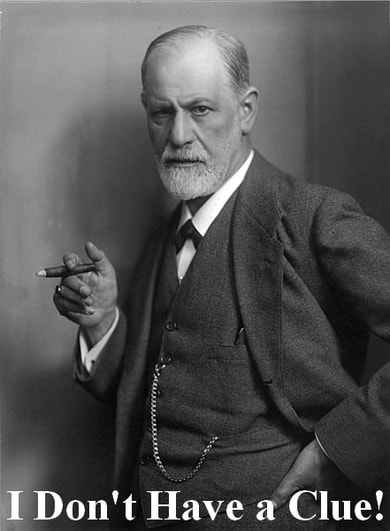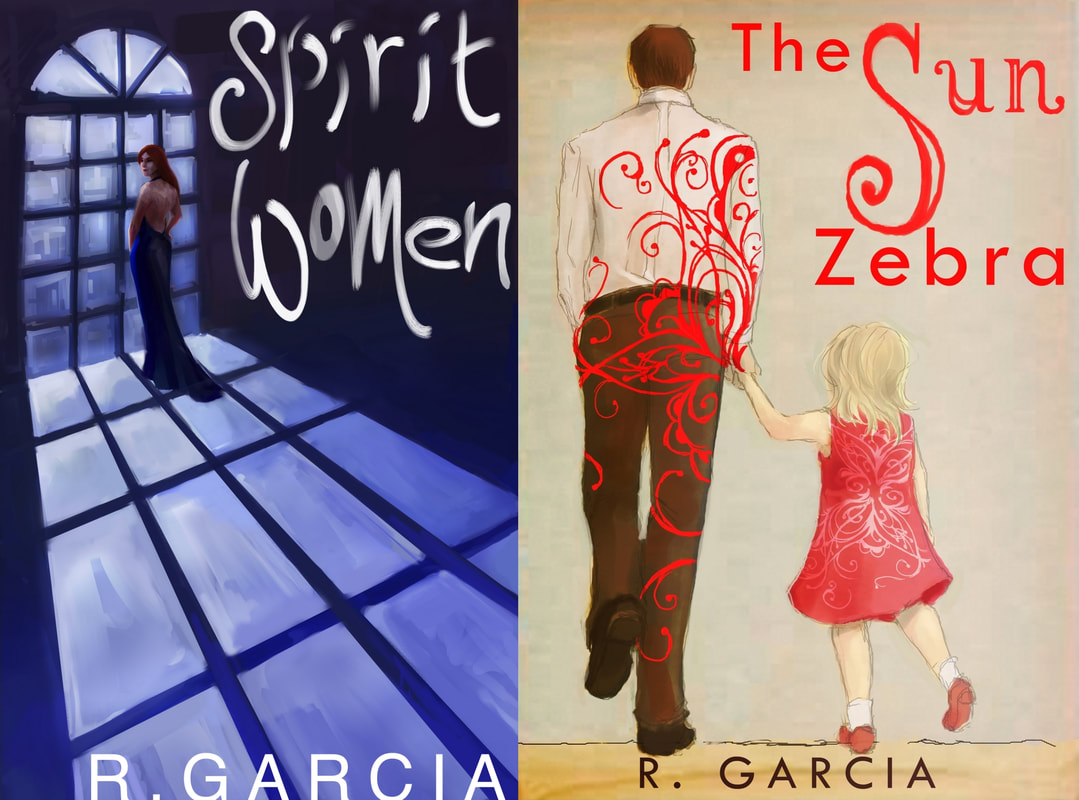 Sigmund Freud Sigmund Freud What indeed do spirit women want? Well, if good old Sigmund couldn’t figure it out with the real thing, there is no way he’d fare any better with the spirit version. I mean, for heaven’s sake, some people claimed the poor guy couldn’t even tell you when a cigar was just a cigar! But that’s another story. The point is, I published a book of short-stories on Amazon entitled Spirit Women which examines the motivations and desires of, well…spirit women. If you read my book, it will take you to battlefields, art museums, psychic joints, drawbridges, deserts, cemeteries, mansions, and family homes; and it will introduce you to these entities and their effects on the men with whom they interact. The stories range from the psychological to the paranormal, and they will thrill you and fulfill you! How do I know that? I’m a scientist!  If you have read my blog for the past few years, you know I have defended science and reason against the attacks of antivaxxers, climate change deniers, creationists, flat-Earthers, Qanon, and the proponents of chemtrail, 911, COVID-19, and 2020 election conspiracies. In other words, I know the difference between reality and fiction. So when I write fiction, you know it must be good, or at the very least “interesting”! My book is available as an ebook an a paperback. You can buy the ebook for $2.99 on Amazon now. If you don’t have a Kindle, you can read it with a Kindle App on your phone or tablet, or you can read it directly on the cloud section of your Amazon account using Amazon’s inbuilt e-reader. Alternatively you can purchase the paperback version for $11.99. Thank you very much for your attention. I hope you will buy and review my book, Spirit Women. If you want to find out a little more about my book, in the video below I provide a description of the inspiration behind the 9 stories contained in the book. Photographic portrait of Sigmund Freud by Max Halberstadt is in the public domain and was modified from the original. The photograph of the author can only be used with permission.
2 Comments
I am a scientist. I have performed research in academia, government, and industry, and I have published this research in technical journals. While a lot of research remains forever in the “knowledge” realm, I’ve had the pleasure and fortune of seeing some of my research used to support drugs that have saved lives. However, apart from this, I have written and self-published two books of fictional stories. One is a book of stories entitled The Sun Zebra about the “adventures in living” of a family composed of an unusual child named Nell, her mother Rhonda, and Nell’s father who is the narrator of the stories. The other is a very different book of short stories entitled Spirit Women about what spirit women may be and what they may want. Unlike my published research which is real and has had real-life applications and consequences, what is featured in these books of short stories is not real or at best it is a mix of reality and fiction. The stereotype of scientists is that they are nerds who are interested in one particular narrow area of human intellectual endeavor. So you would expect scientists to spend their waking hours absorbed in conducting observations and experiments, and reading and writing technical papers full of jargon about their favorite scientific subjects. However, nothing could be further from the truth. Many scientists pursue a broad range of interests ranging from philosophy and history, to art, music, and painting. Many scientists are also writers, and while it is true that most write about science, a good number of them also write science fiction and fiction. Most people would understand scientists writing about science fiction. After all, one of the purposes of science fiction is to imagine new technologies and discoveries and their effect on society. In this sense, science fiction has the role of preparing us for possible futures. The argument is similar for other types of fiction that are improbable but still possible. But why on Earth would scientists write fiction involving, for example, fantastical creatures and impossible occurrences? What is the redeeming value of a scientist writing about things that aren’t real and will never happen? Aren’t these scientists wasting their time and their training on nonsense? Also, with the current sad state of affairs in our country where people unmoored from reality are indulging in COVID-19 denial, opposition to vaccination, Qanon, or skepticism about the validity of the 2020 elections, why on Earth would our society need more fiction? There are several possible reasons why we write and even why we need fiction. One reason is that maybe that the human mind is very complex and often requires symbolism, metaphors, and inspiration that cannot always be supplied by mere evidence and facts. Additionally, besides the bare necessities, human beings require rest and recreation. Fictions allows us to explore new ways of viewing or portraying reality in a fashion that is accessible and fun in order to communicate messages or to entertain. Another reason is that fiction also allows us to explore the limits of our morals, ethics, and rules by creating unlikely scenarios that push the limits of our conventions and make us face the uncertainty and contradictions lingering in our approaches to deal with reality both at the personal and social level. Finally, fiction often serves as a form of catharsis. Most of us often face intractable problems in our personal and social lives that have no easy or obvious solutions. Fiction often provides us with a serious and hopelessly unsolvable problem and then solves it for us against all odds. In my specific case, I wrote The Sun Zebra, to reacquaint myself and my readers with the wonder of what it is to see the world through a child’s eyes. So if you read my book, and that leads you to have a better rapport with your child, then I consider that a positive effect of fiction. I wrote Spirit Women to explore the motivations and desires of, well…spirit women. So if you read my book, and it gives you a thrill, then that’s a positive effect of fiction. However, if you read some fringe website, and that leads you to accept a crazy conspiracy theory, then that’s a negative effect of fiction. You have to be careful with the fiction you consume and how you internalize it. You should always strive to keep fiction separate from reality. Whether you are a scientist or a regular person, fiction is part of your life. It may be in the stories you like to tell, in the material you like to read, and may even be part of what you believe and how you believe it. The trick is to not allow ourselves to get too carried away ignoring the evidence and the facts and replacing reality with fiction. The images of the book covers belong to the author and cannot be used without permission. |

 RSS Feed
RSS Feed